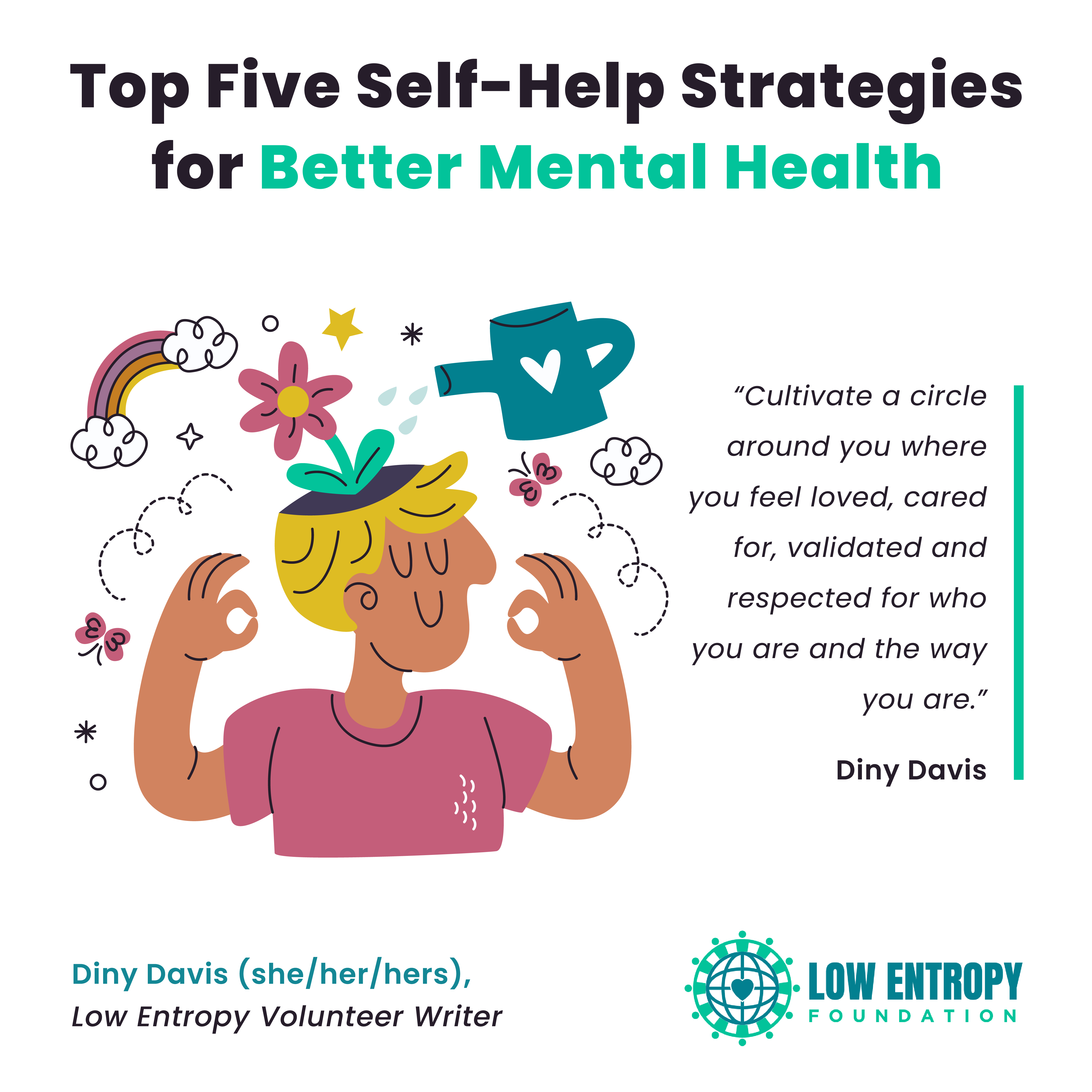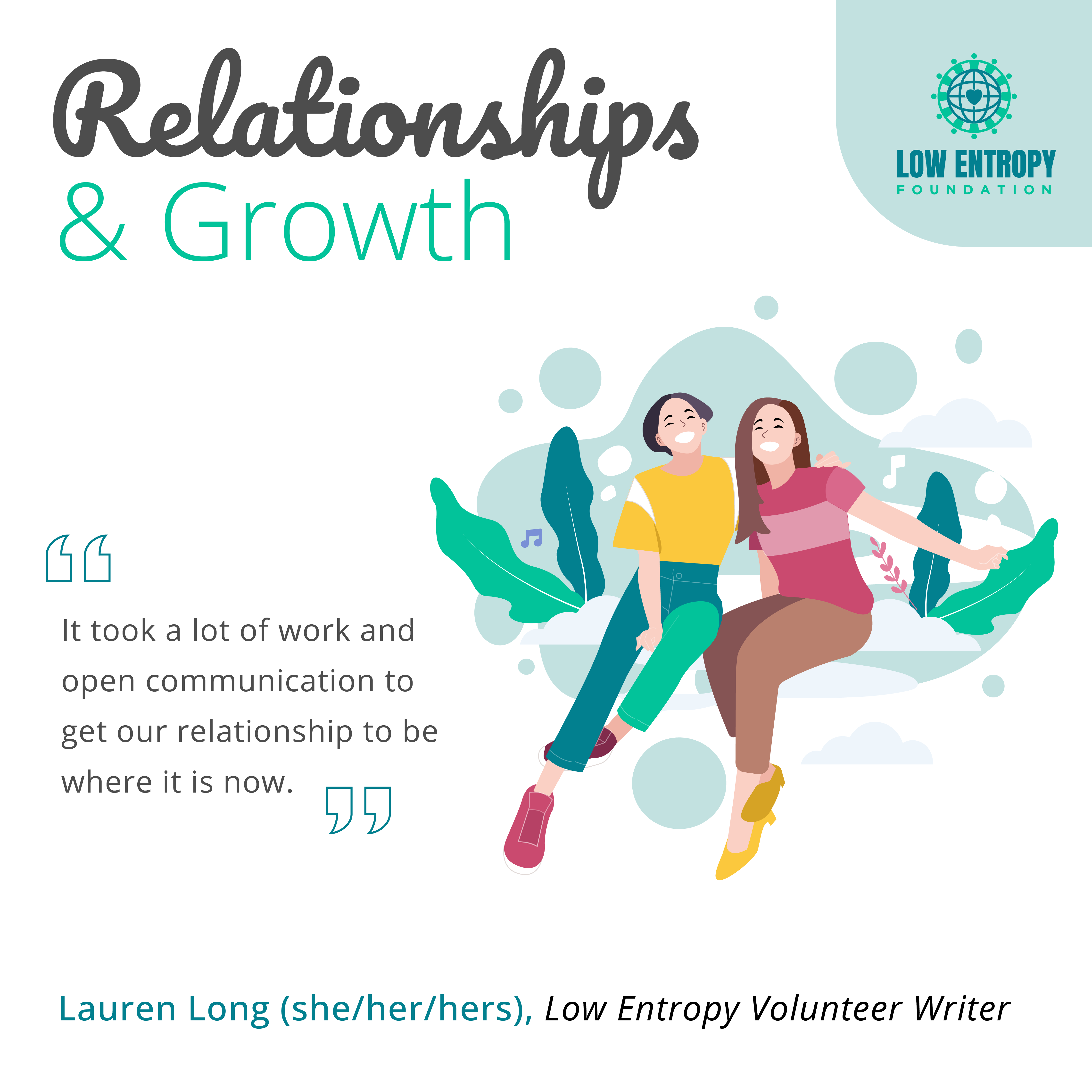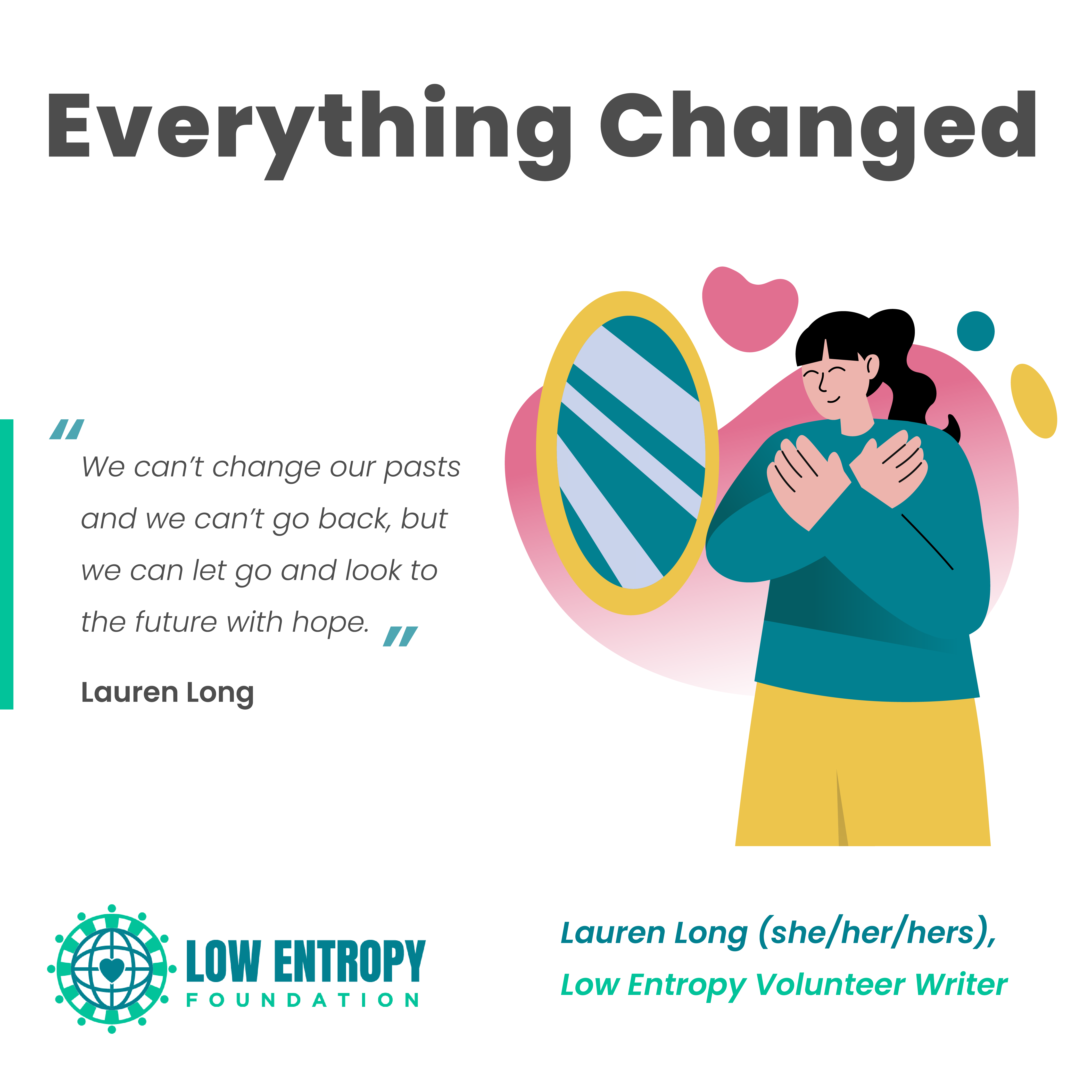Diny Davis (she/her/hers), Low Entropy Volunteer Writer
“There is a hope, even when your brain tells you there isn’t.’’- John Green
What is Mental Health ?
Mental health, fundamentally, refers to our psychological, emotional and social well-being. It influences how we think, feel and act. Moreover, it also contributes to how we handle stress, relate to others and make life’s choices. Mental health is essential at every stage of life, from childhood to adolescence and through adulthood. While mental illnesses are common, the subject is often misunderstood.
Understanding the Basic Needs of the Mind
A balanced life calls for giving requisite care and attention to our mental health, just like our physical selves. Understanding our mind involves knowing the different factors influencing our mental health. These could include biological factors like brain chemistry and genes, or life experiences, such as trauma or abuse. Recognizing indicative signs like undue worry, feeling excessively low or drastic changes in eating habits can be crucial in promptly addressing mental health issues.
- Embracing Mindfulness and Meditation
Mindfulness is all about living in the present moment, acknowledging the thoughts, feelings, sensations and environment around us at any given moment. Embracing mindfulness can enhance your mental well-being as it allows you to appreciate life as it unfolds, reduces stress and can stop you from becoming overwhelmed.
Bringing mindfulness into your everyday life could be as simple as focusing on your breathing or giving complete attention to the act you’re involved in, be it making your morning coffee or driving to work, or even setting aside a dedicated mindfulness practice like meditating.
Meditation comes in many forms, with a common goal to calm the mind and induce a state of relaxation, promoted by focusing the mind and eliminating scattered thoughts. Techniques like breathing exercises, yoga, guided imagery or simply sitting quietly can significantly contribute to enhancing mental health.
- Cultivating Healthy Lifestyle Habits
A healthy lifestyle goes a long way towards maintaining good mental health. Eating nutritious meals, getting regular exercise and ensuring a sound sleep are really important aspects in building up mental well-being.
A well-balanced diet rich in fruits, vegetables, lean protein and whole grains can positively influence brain health. Regular physical activity helps with better sleep and reduces stress. Additionally, getting quality sleep each night can improve mental health as our brain uses this rest time for vital tasks like memory consolidation and cleansing toxins. Establishing a regular sleep schedule and maintaining a sleep-supporting environment can significantly influence your mental well-being.
- Building Positive Relationships and Social Connections
We are social creatures by instinct, and that affects our mental health too. Surrounding ourselves with positive relationships and nurturing them actively contributes to increased feelings of well-being and decreased feelings of depression. Having people in your surroundings who have a positive vibe or energy can then have a positive effect on your mental health.
Identifying relationships that drain you or cause undue stress is essential, as they can undermine overall mental health. Cultivate a circle around you where you feel loved, cared for, validated and respected for who you are and the way you are.
- Learning Stress Management Techniques
Stress is an inevitable part of life, but it doesn’t necessarily have to take a toll on your mental health. Recognizing stress triggers, taking steps to reduce stress and learning to get your stress under control can go a long way in protecting mental health.
Techniques such as deep breathing, yoga, workouts ,meditation, full-body stretching, or other mechanisms like listening to music or taking on a hobby can contribute significantly to stress management. Incorporating these into the daily routine can protect one’s mental health over time.
- Seeking Professional Help when Needed
There is no shame in reaching out for help when needed. If feelings of distress persist, or you have a continuous sense of detachment, seeking professional help can provide the necessary guidance and treatment to regain the balance of your mental health.
Several resources are available at the national, state and local levels, and these cover a wide range of treatment options, like if you want to get the treatment as an individual or as a family, and even group therapies are available. There are other treatments that are based on combinations of medications, too.
Synopsis
Paying attention to your mental health is not a luxury, but a necessity. The strategies discussed here can help you to gain the power of mindful thinking, healthy lifestyle habits, positive social connections, stress management and professional assistance when needed. Your mental health needs to be taken care of by you, for you. You are the reason for your own happiness.
—
Diny Davis is an aspiring author who is passionate about fitness and a strong believer in the close connection between physical and mental health. She is a journalism, psychology and literature graduate, a loving wife, and a caring mother who maintains a balance in her work and personal life while giving emphasis to self-care.





















